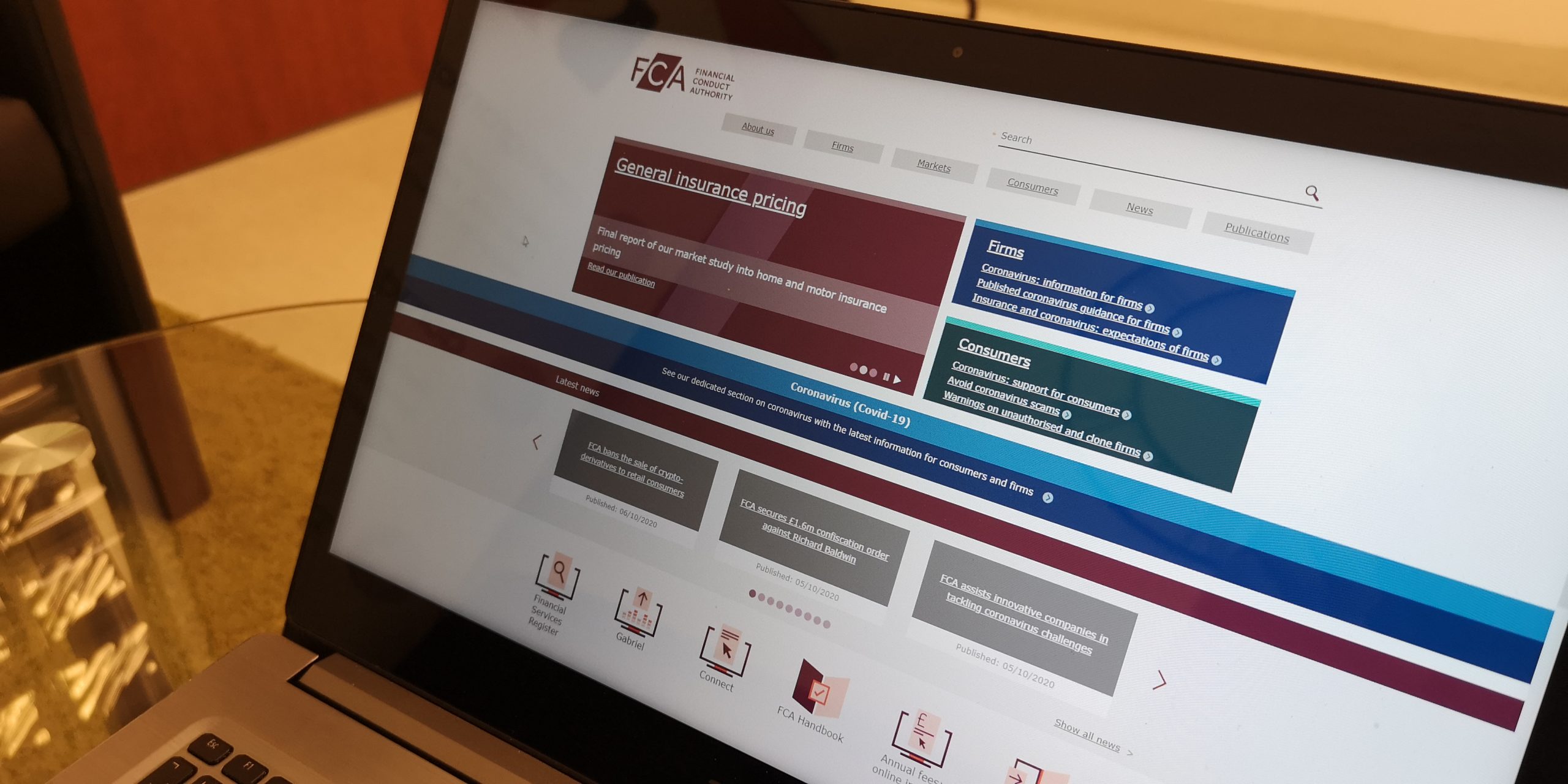
What does the Financial Conduct Authority do?
The Financial Conduct Authority (FCA) regulates the financial services industry in the UK. Its role includes protecting consumers, keeping the industry stable, and promoting healthy competition between financial service providers.
As well as being a financial service provider, FCA regulates the investment management and investment advisory sectors. It regulates some of the UK’s largest investment services providers – for example, the investment advisers at investment manager Sibos in London, investment fund managers at Hargreaves Lansdown, and investment firms
In addition to the financial industry, FCA regulates insurance and pensions. The regulator provides regulation on all financial services, including the purchase of financial products and the provision of advice and support to customers and the public
In addition to its regulator role, the FCA also has responsibility for regulating the sale of insurance and for ensuring that insurance and pensions are fair, transparent and secure
The FCA regulates the purchase and sale of shares, mutual funds and trusts. In addition to the sale of shares, it also regulates the sale of financial products, as well as some insurance products and the provision of advisory and investment advice
In addition to its regulator role, the FCA regulates the retail sale of goods and services.
The FCA also has to regulate the use of the internet by financial services providers (see the section on the internet in the next article)
In addition to its regulator role, the FCA also regulates the retail sale of products. In this area it also has to deal with the sale of financial products (e.g. stocks and mutual funds)
The FCA regulates the use of internet communication technology (ICN or ADSL). It is responsible for monitoring that the use of the internet is regulated and ensuring that the use of the internet follows the law